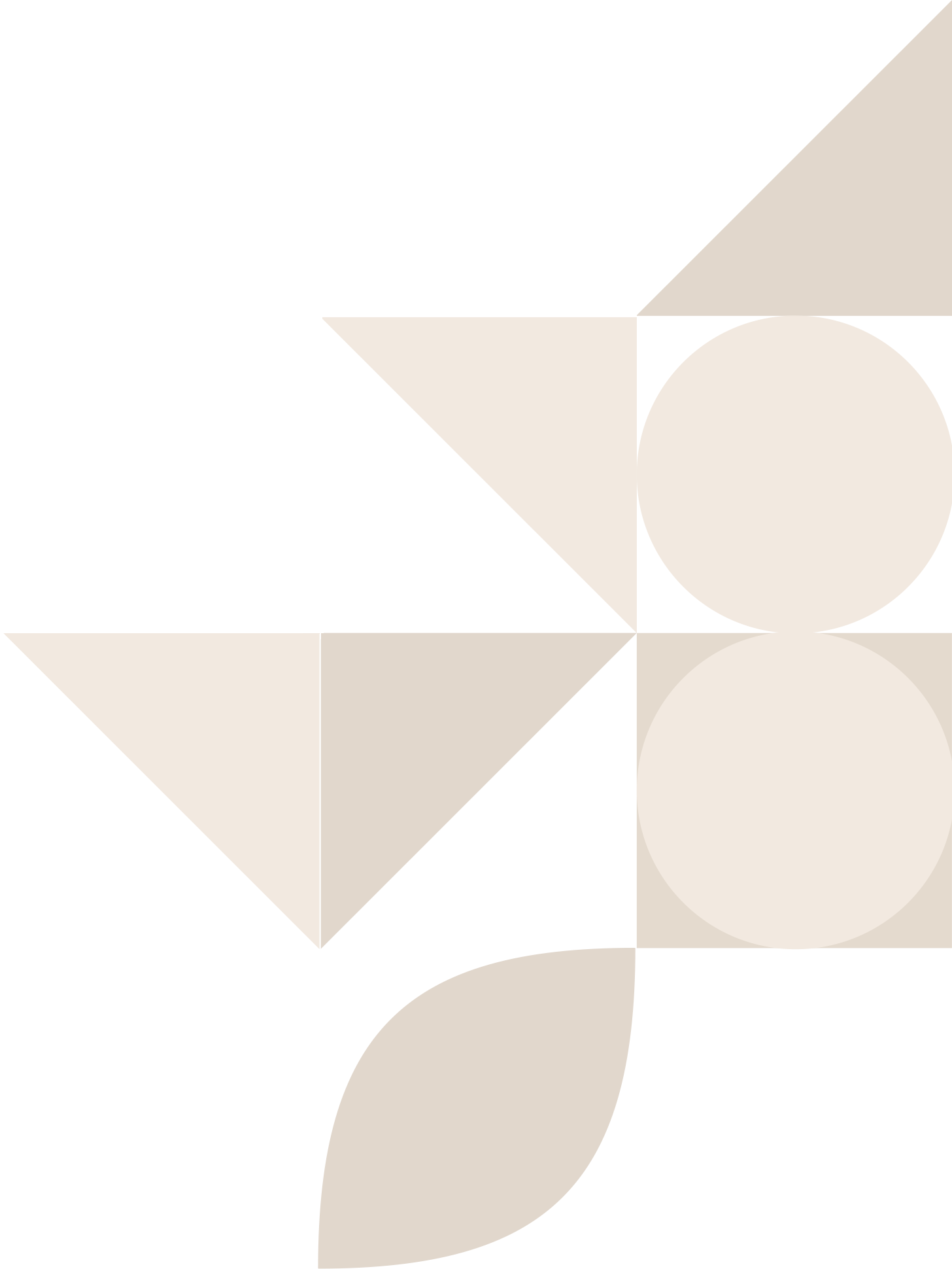De wereld verbeteren door vegetariër te worden of plastic te minderen? Veel beter kun je je carrière wijden aan het maximaal goede doen voor de aarde en de mensheid. In je werk kun je namelijk schaal en bereik creëren die je in je persoonlijke consumptie nooit kan.
Maar hoe?
Dit essay van William MacAskill, oprichter van de Effective Altruism-beweging, zou standaardmateriaal moeten worden op universiteiten, hogescholen en MBO’s vind ik.
‘1. Learn, 2. Build options, 3. Do good. In reality, you’ll be pursuing all of these priorities throughout your career, but each one will get different emphasis at different stages. Learning will tend to be most valuable early in your career. Building your options by investing in yourself and accruing career capital is most valuable in the early to middle stages of your career. Making a bet on how to do good is most valuable in the mid to late stages of your career.
But your emphasis might move back and forth over time. For instance, a 40-year-old who decides to make a dramatic career change might go back into learning mode for a few years. And you might be lucky enough to find yourself with opportunities to have an enormous positive impact right out of college; if so, this framework shouldn’t discourage you from doing that.
Let’s first look at learning. People often feel a lot of pressure to figure out their best path right away. But this isn’t possible. It’s hard to predict where you’ll have the best fit, especially over the long term, and if you’re just starting out, you know very little about what jobs are like and what your strengths are. Moreover, even if you could find the best path now, it might change over time. The problems that are most pressing now could become less pressing in the future if they receive more attention, and new issues could be discovered. Likewise, you might find new opportunities to make progress that you hadn’t anticipated.
Even your personal preferences are likely to change — probably more than you expect. Ask yourself: How much do you think your personality, values and preferences will change over the next decade? Now ask: How much did they change over the previous decade? Intuitively, I thought they wouldn’t change much over the next decade, but at the same time, I think they changed a lot over the previous decade, which seems inconsistent. Surveys find similar results, which suggests that people tend to underestimate just how much they will change in the future.
All of this means that it’s valuable to view your career like an experiment — to imagine you are a scientist testing a hypothesis about how you can do the most good. In practical terms, you might follow these steps:
1. Research your options.
2. Make your best guess about the best longer-term path for you.
3. Try it for a couple of years.
4. Update your best guess.
5. Repeat.
Lees het hele essay hier via link op Noēma:




